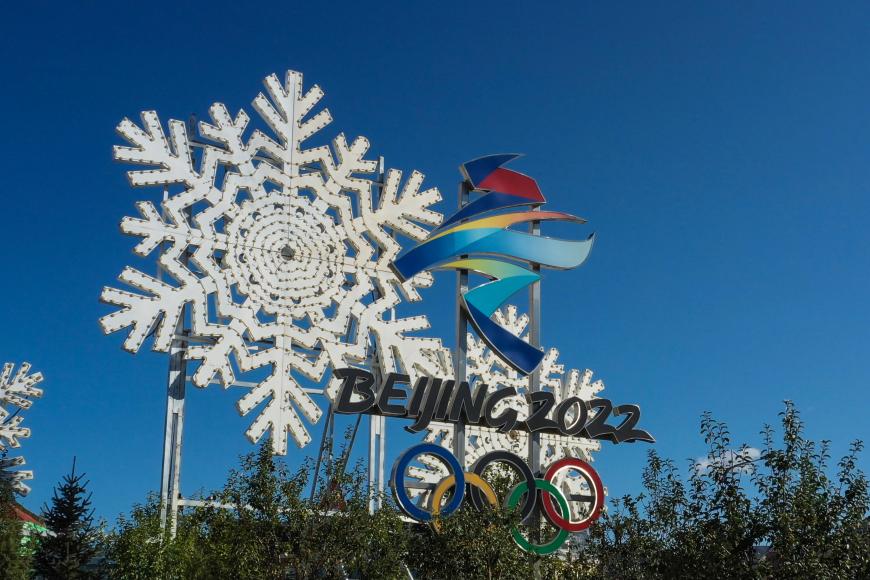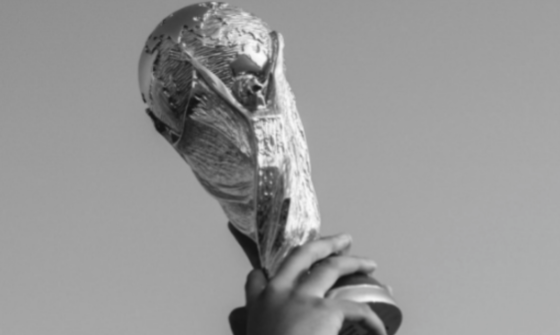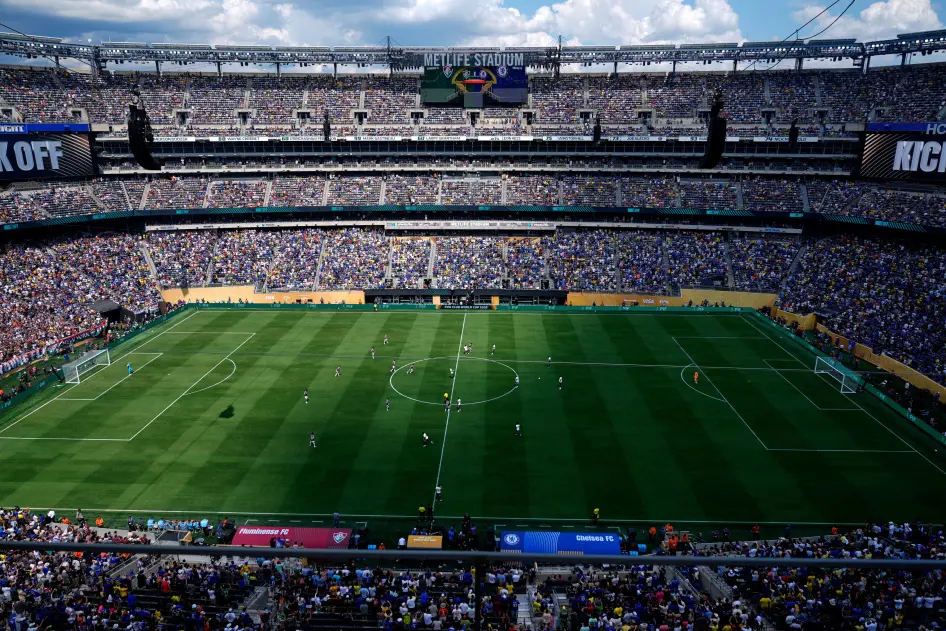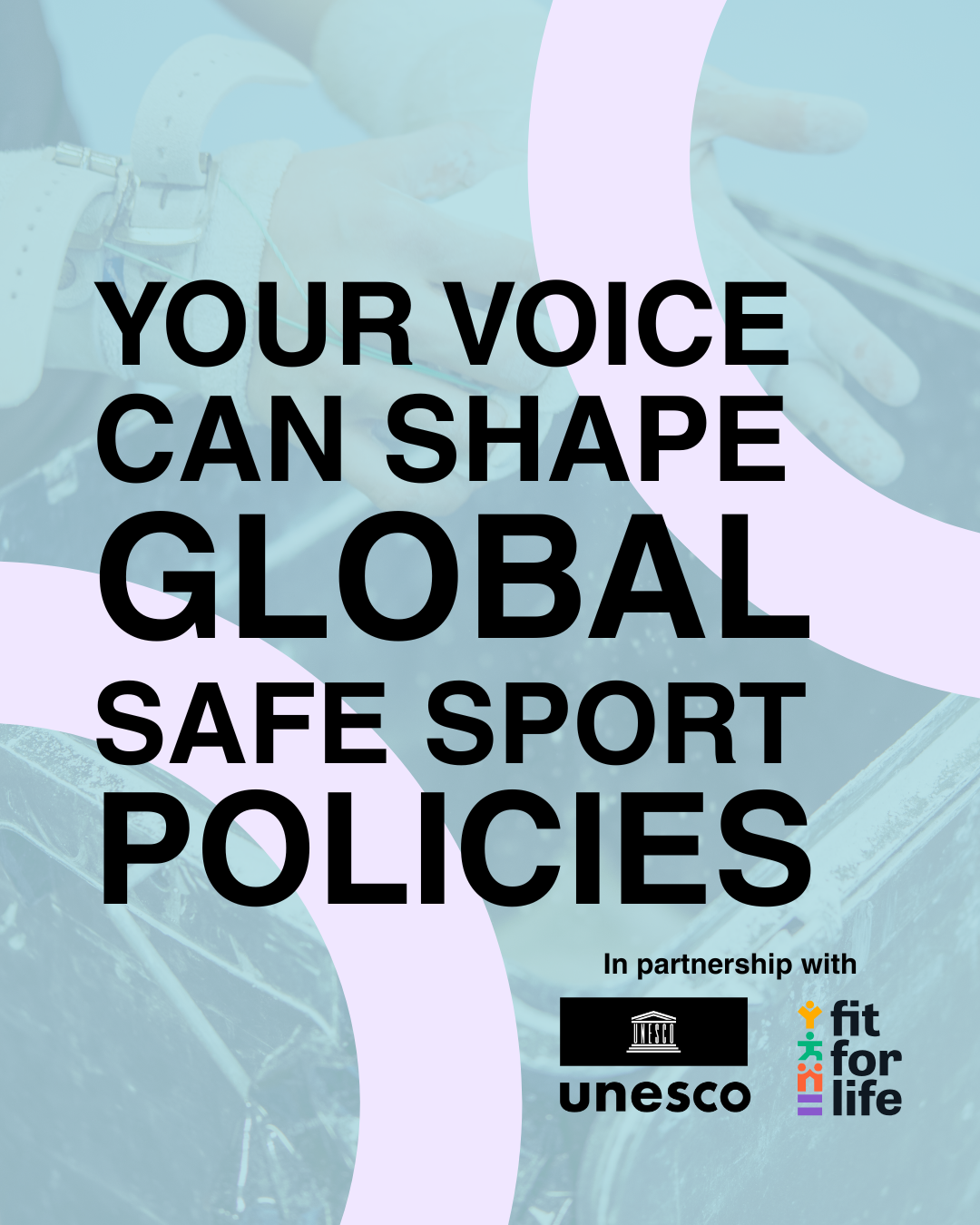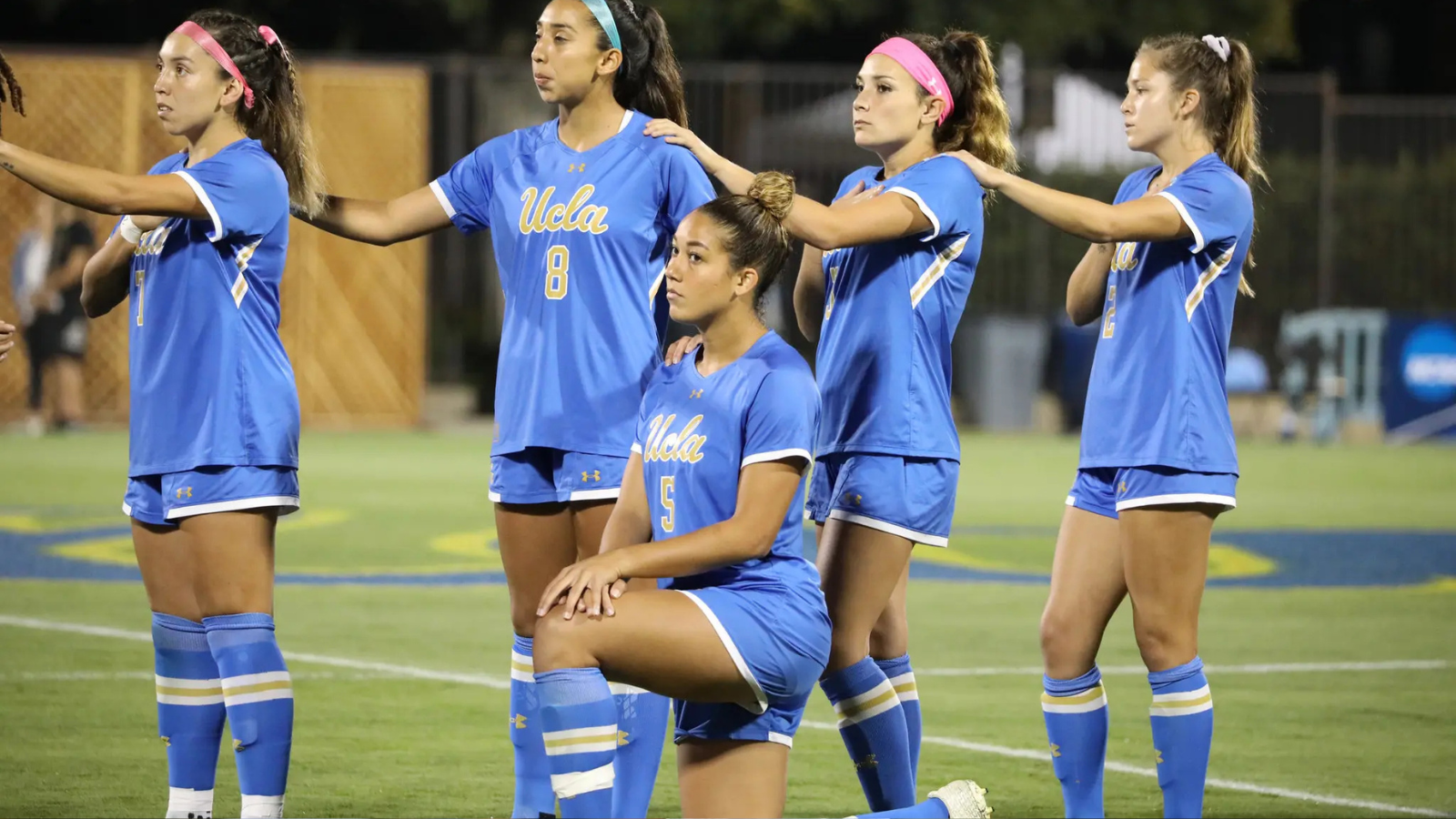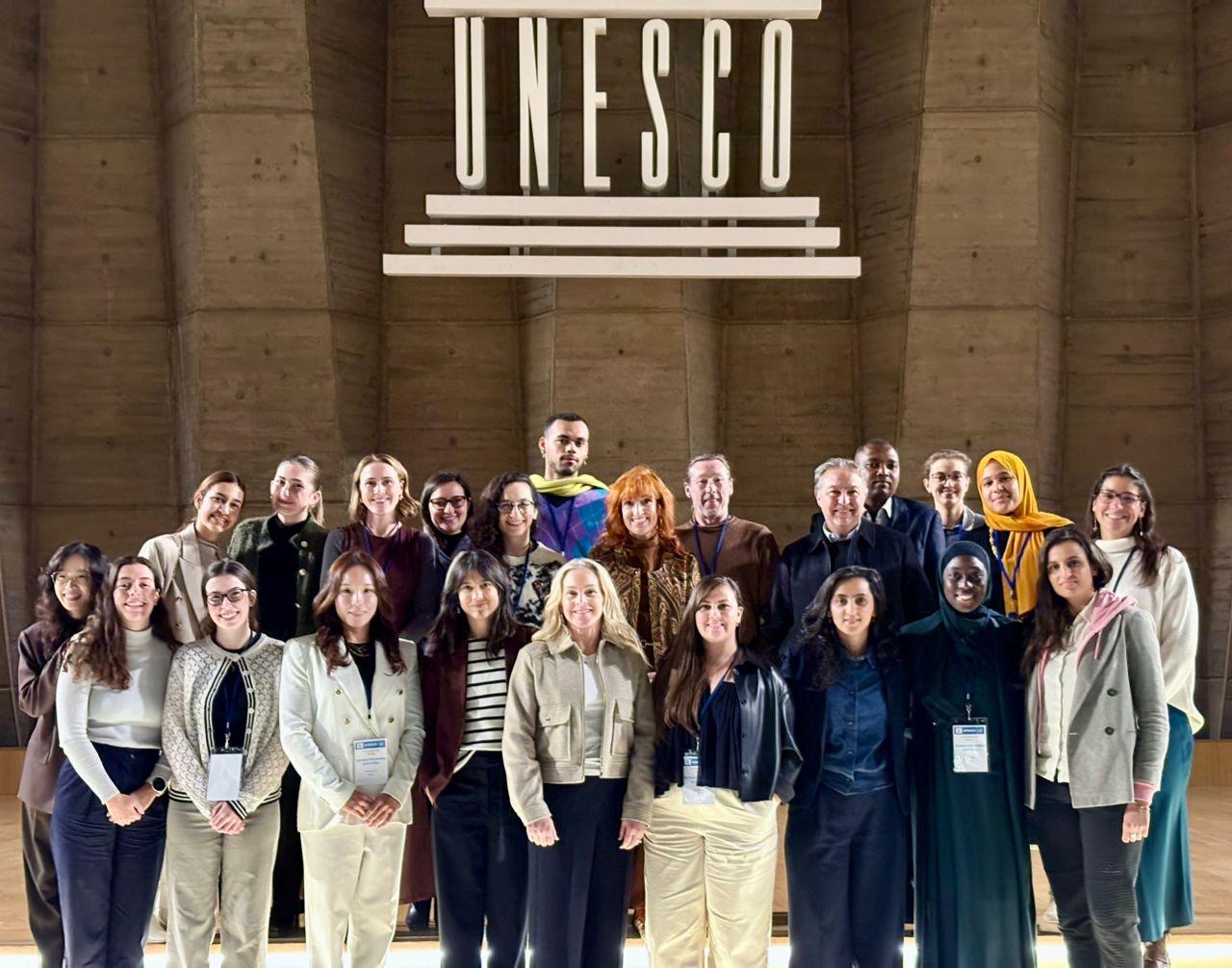Letter to International Olympic Committee Urges Human Rights Risk Assessment
(New York) –The Chinese government’s heightened repression from Xinjiang to Hong Kong threatens its hosting of the 2022 Winter Olympics, Human Rights Watch said today in a letter to the International Olympic Committee (IOC) President Thomas Bach. The Beijing Winter Olympics are scheduled to begin on February 4, 2022.
Human Rights Watch detailed extensive concerns about the human rights climate for hosting the games in China. These include the lack of media and internet freedom, the incarceration of more than a million Turkic Muslims in “political education” camps in Xinjiang, the lack of transparency in labor supply chains, and increasing free speech restrictions in Hong Kong. The IOC should immediately conduct robust human rights due diligence around the preparations for the 2022 Beijing Olympics and explain its efforts to manage human rights risks connected to the Games by February 2021, one year ahead of the games.
“The Chinese government’s intensifying crackdown undermines the basic rights that are essential to hosting the Olympics,” said Minky Worden, director of global initiatives at Human Rights Watch. “By the start of the one-year clock in February, the IOC needs to explain how human rights protections will be met.”
Earlier in December 2020, the International Olympic Committee published its expert report “Recommendations for an IOC Human Rights Strategy,” an important roadmap for adopting human rights across its operations. Human Rights Watch recommended that the IOC should immediately conduct and publish thorough human rights due diligence around the preparations for the 2022 Beijing Olympics and explain how it plans to address the human rights risks connected to the Games by February 2021, one year ahead of the games. Such action would be consistent with the steps set out in the United Nations Guiding Principles on Business and Human Rights (the “Guiding Principles”), and with the IOC’s ongoing work to build a strategic framework on human rights.
Human Rights Watch has extensively documented serious human rights abuses in China, and that the human rights environment has deteriorated significantly since the Beijing Olympics in 2008.
China’s hosting of the 2008 Summer Games spurred multiple human rights abuses, including forced evictions and silencing of civil society activists. No one succeeded in obtaining a permit to protest in zones the government agreed to establish for the games, and at least one person who tried, Ji Sizun, was imprisoned for trying to get a permit. On July 10, 2019, two months after being released from prison, Ji Sizun died under guard in state custody in a hospital in Fujian province. He was 69 and had been ill-treated in detention.
The Chinese government under President Xi Jinping – who had his term limits removed in 2018, effectively making him president for life – has significantly tightened societal controls and the supremacy of the Chinese Communist Party. The government has imposed increased curbs on religion, civil society, the internet, the media and universities; prosecuted numerous activists and journalists on baseless charges; persecuted Turkic Muslims in Xinjiang and other ethnic minorities; and drastically dismantled freedoms in Hong Kong.
The Chinese government has further restricted access to most virtual private networks (VPNs), which many journalists and others in China use to circumvent the country’s online censorship, known as the “Great Firewall.” Detentions in December of the Bloomberg journalist Haze Fan in Beijing and the publisher Jimmy Lai in Hong Kong spotlight the Chinese authorities’ lack of compliance with media freedom and human rights requirements that are crucial to hosting the Games, Human Rights Watch said.
Chinese authorities used the 2008 Games to justify a significant expansion of the domestic security apparatus and investment and promotion of surveillance technologies such as facial recognition. This enabled greater repression over the next decade, including of ethnic minorities in Xinjiang and other regions.
“The IOC was silent on the Chinese government’s crackdown prompted by the 2008 Summer Olympics,” said Sophie Richardson, China director at Human Rights Watch. “Adopting new standards requires meaningful action and tough decisions, or else it’s just an insult to all those who suffer from Beijing’s massive rights violations.”
